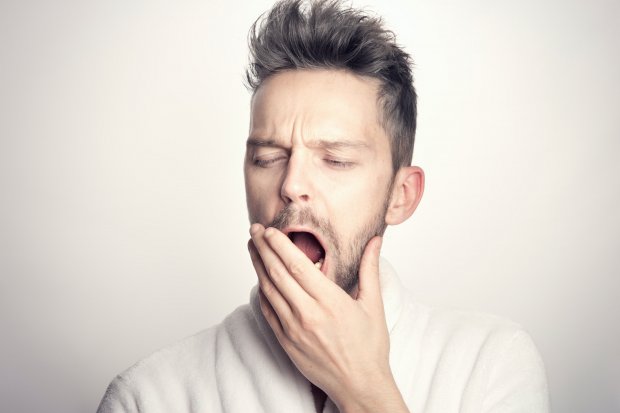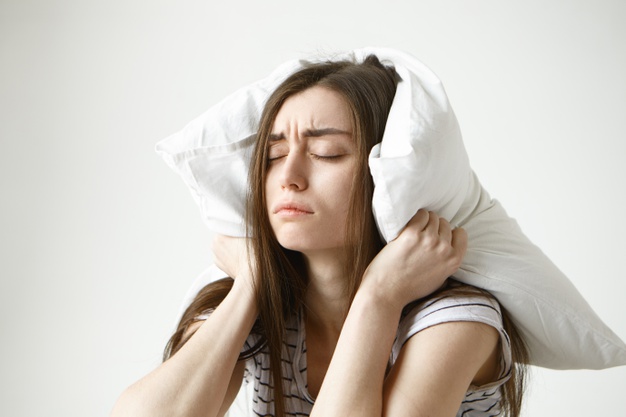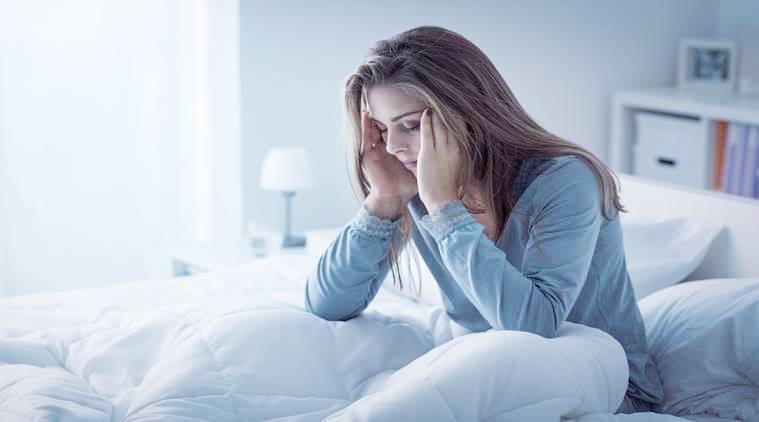Healthbeauty123.com – Have you ever wondered what insomnia means? Insomnia is a common complaint, but there is also a more profound meaning. Is insomnia the result of something you did or said? Then, you’ll want to read on. We’ve all wondered what it means, but how can we make sure we get the most out of it? Here are some helpful hints. You can make the most of insomnia and get the most out of it.
Some Types of Insomnia That Can Be Experienced
Insomnia can be acute, chronic, or transient. The term insomnia is derived from the Latin word Somnus, which means sleep without rest, and the -a suffix. While the majority of people do sleep, some struggle to do so. This type of insomnia is characterized by the quality of sleep and the way you feel afterward. Despite getting eight hours of sleep, you can still feel tired and drowsy the next day.
If you’re having trouble falling asleep, it might be time to consult an online dictionary. The online dictionary also has audio pronunciations for words like Relaxation and Sleep. Find the right words to describe the symptoms you’re experiencing and start your journey to sleep. Insomnia is a very common problem. It can make you feel irritable and anxious. It can even cause chronic illness. It’s essential to find the right treatment for insomnia.

There are many different ways to treat insomnia. Insomnia is often categorized by various professionals. A professional will tell you that you have insomnia if you experience difficulties falling asleep and staying asleep at least three times in one month. Even though occasional problems may not require professional help, if you don’t feel that your sleep is disrupted, they’re unlikely to be caused by a sleep disorder. And even if you have a medical problem, the symptoms are likely to be more severe than you realize.
Causes of Irregular Sleep Patterns or Physical Illness
When it comes to sleep, there are two types of insomnia. First, there’s onset insomnia, where you can’t fall asleep at all. This type is triggered by caffeine use, mental health issues, or physical problems. It can be a symptom of other sleep disorders as well but is not as easy to treat. The next category is maintenance insomnia, which is caused by irregular sleeping patterns or physical ailments. Often, both the onset and maintenance of insomnia can be related to a sleep disorder.
Stress is another common cause of insomnia. Some people are more susceptible to insomnia than others, so it’s important to consult a medical professional about your sleep issues. A medical professional can prescribe a non-habit-forming medication that helps them fall asleep faster and get a full night’s sleep. But, if the problem persists, it’s worth looking into behavioral changes and non-habit-forming medications. However, this type of treatment may be temporary, and is unlikely to cure insomnia.

Generally, half of all cases of insomnia are caused by emotional problems. However, environmental factors and bad habits are also factors in some cases. To find the best way to cure insomnia, you’ll need to identify the exact causes of your insomnia. Then, you can try a number of treatments to address the underlying health issue. There’s also a variety of possible treatments, from breathing techniques to sleep medication. You’ll be able to sleep better in less time if you understand what’s causing your problems.
Signs Your Body Can’t Rest Well
Acute insomnia, or adjustment insomnia, is temporary and can occur after a stressful life event, such as a breakup. It may be temporary and can be linked to a physical issue, such as jet lag or a serious illness. Insomnia is a sign that your body is unable to rest properly. However, chronic cases are often linked to psychological problems. There are also a variety of medical conditions that cause chronic cases of insomnia.

Symptoms of insomnia can affect your concentration, memory, and focus. The fragmented nature of sleep cycles also interferes with the brain’s consolidation and clearing of cobwebs. As a result, it’s not uncommon for an insomniac to have trouble finishing even simple tasks. Because of this, they can be a danger to other people, such as drivers or those operating heavy equipment. Insomnia can even worsen existing mental health conditions.






